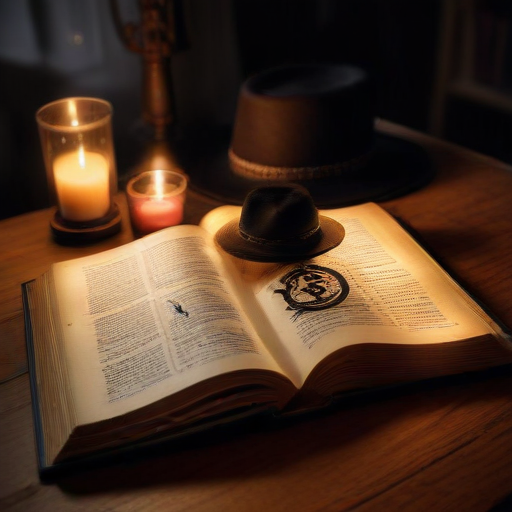Instructor Emma Hetrick is shaking things up in her First Year Seminar, titled “Hocus Pocus,” sparking deep conversations about the complex notion of witches in society. Through this course, Hetrick challenges her students to re-examine traditional stereotypes—are witches merely cackling women on broomsticks, or do they symbolize something more substantial, such as diversity and nonconformity?
Hetrick draws from her fascination with colonial North America, as well as a range of media that depict witchcraft, including movies, television shows, and literature. The course delves into the historical evolution of the witch trope and examines how different cultures interpret what it means to be labeled a witch, focusing on the social implications of these labels.
Hetrick notes, “The idea of ‘the witch’ is adaptable and has been utilized across different agendas throughout time.” Students engage with various texts, from children’s literature like Roald Dahl’s “The Witches” to classic horror narratives such as “Rosemary’s Baby,” alongside real historical documents from the Salem witch trials. Through this analysis, they explore how societal values shift, reflecting how the portrayal and acceptance of witches evolve concurrently.
Abigail Feeley, a student in the course, highlights the transformation of the witch concept, noting that societal changes influence how witches are perceived. This intersects with the main focus of the class—understanding how women have historically been labeled as witches and identifying the voices that have been marginalized by dominant power structures.
Throughout the semester, students have engaged in hands-on projects that extend learning beyond the classroom, such as creating book displays at the Easton Area Public Library featuring children’s literature about witches, accompanied by engaging activities. Additionally, the final assignment encourages students to analyze fictional or historical figures through the “witch” lens, fostering personal connections to the material.
Hetrick’s teaching methodology is designed not just to educate but to promote community involvement, exemplified by plans to attend the film adaptation of the Broadway musical “Wicked” together. She believes it’s vital for students to realize the academic and personal relevance of their studies, stating, “Everything they learn in the class can be applied to other subjects and has real-life significance.”
Hetrick’s course represents a refreshing approach to scholarship, encouraging students to embrace unconventional topics and engage with them critically. This unique exploration of witches invites students to reflect on broader themes of identity, power, and perception—important discussions that resonate far beyond the classroom.
This course not only enriches students’ academic journeys but also empowers them to view subjects through various perspectives, ultimately fostering a more inclusive understanding of history and culture.
